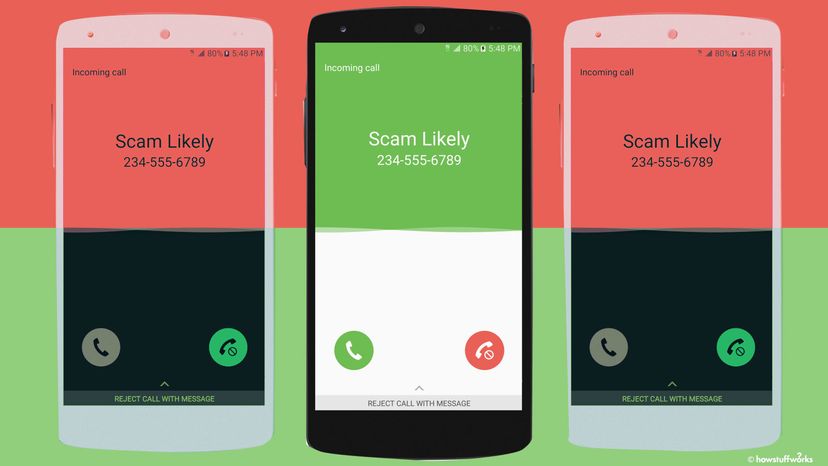
Have you ever rushed across the room to answer your phone, only to see the call is from "Scam Likely," "Fraud Alert," "Potential Spam," etc.? You may not be excited to hear from one those "friends" but at least it alerts you not to pick up. Phone carriers like AT&T, Verizon and T-Mobile have alerted billions of their customers to potentially dangerous calls.
But how do these companies detect that a caller might be a scammer?
Advertisement
AT&T, for example, identifies nuisance calls through data analytics, network intelligence and customer reports, according to AT&T spokesman Dan Feldstein. "It could be a lot of calls from a single number, but always combined with other analysis. For instance, if a number is making multiple short-duration calls to numbers on the National Do Not Call List, that might be a red flag," he adds via email.
Feldstein says AT&T identifies two kinds of scam calls. If you see "Fraud Risk" on your caller ID, the number is associated with known scams or dangerous activity. If the caller ID says "Suspected Spam," the number is associated with unsolicited sales or promotional calls.
"AT&T has blocked or labeled more than 16 billion robocalls since 2016 [and] 6 billion in 2020 alone," Feldstein notes. Robocalls are automated phone calls that have a prerecorded message when you answer the phone. Although some are illegal, which is usually the case when someone is trying to get your personal information, others are legal. An example of a legal robocall would be one from a politician or charity.
Feldstein says it's rare for someone to get their number labeled incorrectly, but if that does happen, you can report it here and AT&T will examine it promptly. Other carriers have similar systems.
Advertisement

